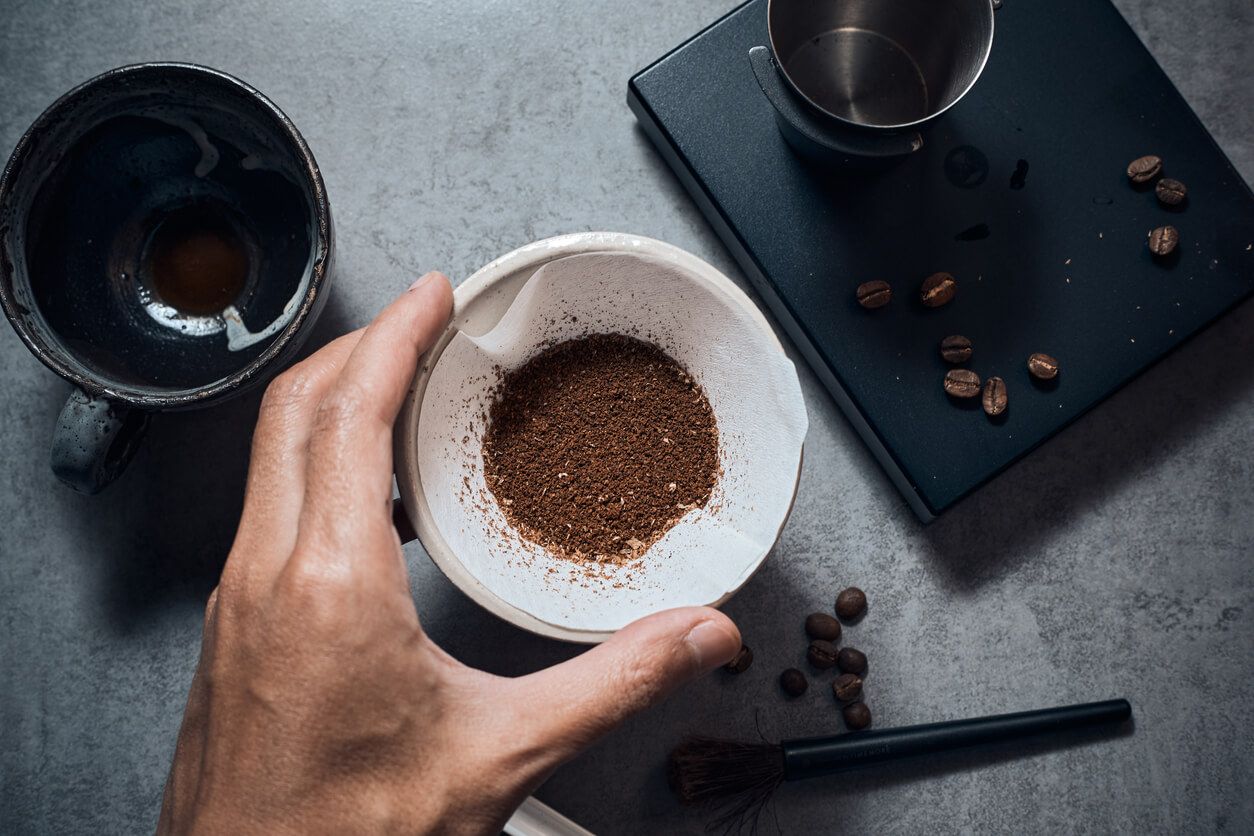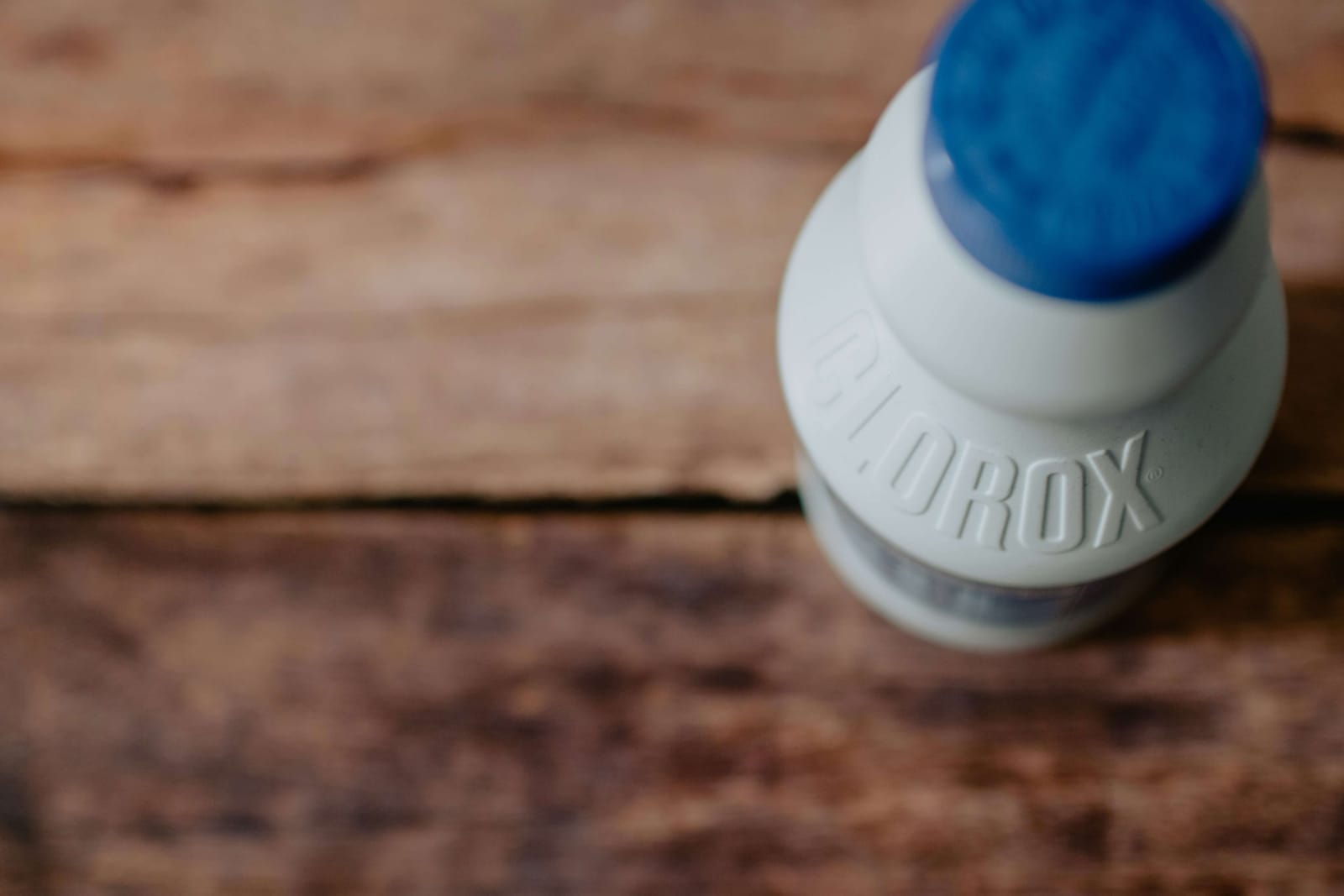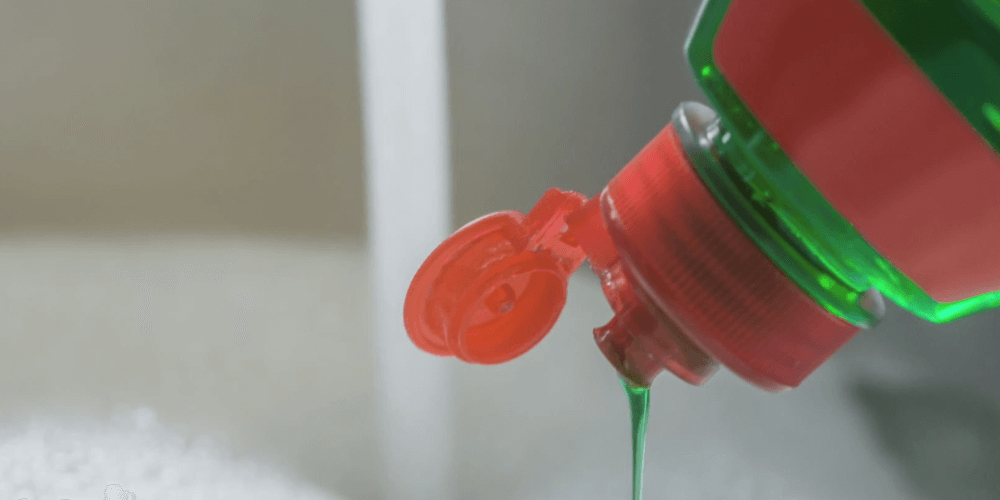Choosing the right coffee scale can significantly enhance your coffee brewing experience. A coffee scale provides precision and consistency, two crucial elements for brewing the perfect cup of coffee.
This micro-guide will help you understand the importance of a coffee scale and the factors to consider when choosing one.
Jump To
- Importance of a Coffee Scale
- Types of Coffee Scales
- Factors to Consider When Choosing a Coffee Scale
- How to Use a Coffee Scale
- Frequently Asked Questions
- Conclusion
- Further Reading
Importance of a Coffee Scale
A coffee scale is an essential tool for any coffee enthusiast, and its importance cannot be overstated. Here's why:
Consistency: One of the key factors in brewing a great cup of coffee is consistency. This means using the same amount of coffee and water every time you brew. A coffee scale allows you to measure these ingredients accurately, leading to a consistent and delicious cup of coffee every time.
Precision: Coffee brewing is a science, and like any science, it requires precision. A coffee scale allows you to measure your coffee and water down to the gram, ensuring that you're following your coffee recipe exactly. This level of precision is especially important when brewing methods like pour-over or espresso, where even a small variation in the amount of coffee or water can significantly affect the taste.
Replication: If you've ever tried to replicate your favorite coffee shop's coffee at home, you know how difficult it can be. A coffee scale takes the guesswork out of this process. By using a scale, you can follow coffee recipes accurately, allowing you to replicate your favorite coffee drinks at home.
Experimentation: A coffee scale also allows you to experiment with your coffee brewing. By knowing exactly how much coffee and water you're using, you can try adjusting these amounts to see how it affects the taste. This can lead to new coffee discoveries and help you fine-tune your brewing process to suit your personal taste.
In short, a coffee scale is not just a tool—it's a gateway to a world of coffee brewing possibilities. Whether you're a coffee novice or a seasoned barista, a coffee scale can elevate your coffee brewing experience.
Types of Coffee Scales
There are several types of coffee scales available, each with its own set of features and benefits. Understanding these can help you choose the one that best fits your brewing needs.
Digital Coffee Scales: These are the most common type of coffee scales. They provide quick and accurate measurements, often down to a tenth of a gram. Many digital coffee scales come with additional features like a built-in timer and tare function, which allows you to zero out the weight of your container. Some digital scales also have a backlight for easy reading, and a few even come with a built-in thermometer to help you monitor your brewing temperature.
Analog Coffee Scales: These scales use a mechanical system to measure weight. While they may not offer the same level of precision as digital scales, they are durable and do not require batteries, making them a reliable option. Analog scales often have a retro aesthetic that some coffee enthusiasts prefer. However, they typically lack the additional features found in digital scales.
Smart Coffee Scales: These scales connect to your smartphone or tablet via Bluetooth. They offer advanced features like tracking and recording your brewing data, allowing you to fine-tune your brewing process over time. Some smart scales even offer interactive brewing guides and can sync with other smart coffee equipment. However, they tend to be more expensive than other types of scales.
Travel Coffee Scales: These are compact and lightweight scales designed for travel. They are perfect for coffee enthusiasts who want to brew the perfect cup even when they're on the go. Travel scales often have a protective carrying case and run on batteries. Some even have a built-in grinder for the ultimate portable coffee setup.
Remember, the best coffee scale for you depends on your specific needs, preferences, and budget. Consider all these factors when making your decision.
Factors to Consider When Choosing a Coffee Scale
When choosing a coffee scale, there are several factors to consider:
Accuracy: The scale should be able to measure within 0.1 gram for precision. This level of accuracy ensures that you can brew coffee with the exact amount of coffee and water every time, leading to a consistent taste. Some scales even offer an accuracy of 0.01 gram, which can be useful for those who want to perfect their brewing process.
Size: The scale should be large enough to hold your coffee maker but compact enough to fit in your kitchen. Consider the size of your coffee maker and the space you have available in your kitchen. A scale that is too small may not hold your coffee maker securely, while a scale that is too large may take up too much space.
Speed: The scale should give readings quickly so that you can make adjustments in real-time. A slow scale can make the brewing process more difficult and less precise. Look for a scale that gives instant readings.
Durability: The scale should be sturdy and able to withstand daily use. Consider the materials used in the scale. Scales made of stainless steel or other durable materials are likely to last longer. Also, if you plan to use the scale near water, consider a water-resistant scale.
Additional Features: Some scales come with extra features like a built-in timer, auto-off function, and water resistance. A built-in timer can help you track your brew time, an auto-off function can save battery life, and water resistance can protect the scale from accidental spills. Consider which features are important to you and choose a scale that offers them.
Remember, the best coffee scale for you depends on your specific needs and preferences. Take the time to consider these factors and choose a scale that best fits your brewing needs.
How to Use a Coffee Scale
Using a coffee scale is straightforward. Here are the steps:
- Step 1: Place your coffee maker on the scale.
- Step 2: Zero out the scale. This is known as "taring" the scale.
- Step 3: Add your coffee to the coffee maker and note the weight.
- Step 4: Start your brew and add water. The scale allows you to measure the amount of water you're adding in real-time.
By following these steps, you can ensure the perfect coffee-to-water ratio, leading to a consistent and delicious cup of coffee.
Frequently Asked Questions
Are coffee scales worth it?
Yes, coffee scales are worth it. They provide consistency and precision, which are crucial for brewing the perfect cup of coffee.
What is the best kitchen scale for weighing coffee?
The best kitchen scale for weighing coffee is one that is accurate, fast, durable, and has additional features like a built-in timer and water resistance.
Do you need a timer with a coffee scale?
A timer is not necessary, but it can be a helpful feature. It allows you to track your brew time, which can help you fine-tune your brewing process.
What do coffee scales do?
Coffee scales measure the weight of your coffee and water. This allows you to achieve the perfect coffee-to-water ratio, leading to a consistent and delicious cup of coffee.
Conclusion
Choosing the right coffee scale can significantly enhance your coffee brewing experience. By considering factors like accuracy, size, speed, durability, and additional features, you can find a coffee scale that fits your needs perfectly.
For more tips on mastering your coffee brewing process, check out our article on Mastering Your Coffee Scale: The Art of Coffee Making Simplified.
Further Reading
- Precision in Brewing: The Advanced Role of a Coffee Scale: Learn about the advanced role of a coffee scale in brewing.
- Mastering the Bottomless Coffee Scale: A Foolproof Guide: Discover the benefits of a bottomless coffee scale and how to use it.
- Why You Should Use a Scale to Brew Coffee by serious eats: For a deeper understanding of the importance of using a kitchen scale in coffee brewing.
If you're considering buying a new coffee scale or perhaps your first one, don't forget to check out our article on the best coffee scale for our top 6 recommendations.



